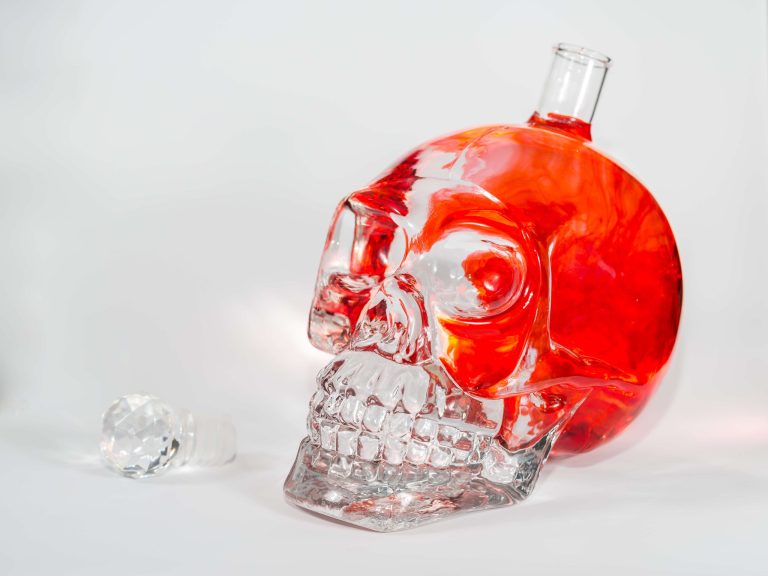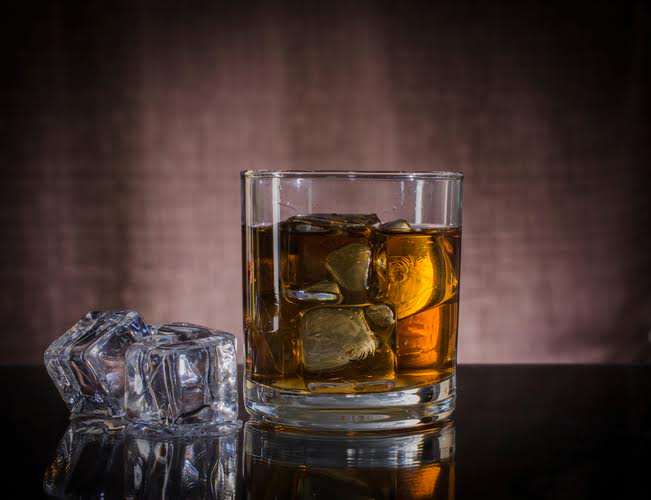7 Proven Tips on How to Stay Sober When Everyone Else Is Drinking
Not only because not drinking is hard, but also because we live in a society where most everyone around us drinks. This is why I never go to bars, even if it’s just a causal night out. Because if you’re with friends or family, someone is bound to go off the chain and get wasted. Then they either become your problem or someone else’s. This is also why I don’t really even drink in the first place, it just tastes awful and I know I’ll regret drinking if I do get drunk and be covered in my own vomit. I realized that sobriety was not fundamentally boring.
How to socialize without alcohol FAQs
If you’re attending an event where alcohol is present, call ahead to ensure the venue has alcohol-free options. Being around people who are drinking isnt a problem anymore, but being around drunk people is just depressing. Coulter agrees that preparation is key when it comes to dealing with alcohol. “In the long run, it’s better to plan ahead rather than react to the circumstances,” he says, as dealing with pressures or triggers in the moment can sometimes lead to poor or rash decision-making. Your decision not to drink is your own business, and no one else’s. The arrival of summer not only brings higher temperatures, but the onslaught of invites to seasonal outings like graduation parties, wedding receptions, backyard BBQs, and office happy hours.
Practice Healthy Living
“Most people go into drinking situations cold, which leads to problems,” Cornett says. Picture yourself arriving at the party, getting a non-alcoholic beverage, eating appetizers, and steering clear of the bar area. Focus on conversations and catching up with friends, not your desire to drink. Have the phone number of a supportive, sober friend to call if you feel tempted.
PTSD Awareness Day: Understanding Symptoms and Support
- “It’s much easier not to take drinks two, three, four, or five because that initial rush is blunted; it doesn’t do anything for you.”
- That being said, drinking FOMO is real and must be dealt with.
- ’ and would head to our room to read a book by torch light (so not to wake the kids).
- Accepting that putting yourself first will change who you surround yourself with is an important part of recovery.
We feel asthough we have been placed in a position of neutrality – safe andprotected. That is how we react solong as we keep in fit spiritual condition. “Problem drinkers” is a term that reflects a very specific demographic. It’s typically someone who exhibits the drinking patterns of an alcoholic, but they can still recognize the consequences of heroin addiction their actions.
I am Sober. Can I Socialize with Friends who Drink?
That’s why boundaries come into place too when it comes to this type of stuff. Right, like limiting your time, limiting your in-person time, limiting your phone conversations, maybe calling that person when they’re not in the drinking hour. Maybe you call that person in the morning time and not do it at nighttime. Maybe you ask them to come over to your house because it’s an alcohol-free space, and maybe you just now do like a brunch.
- Early on in recovery, individuals often try to avoid people and social situations that may expose them to alcohol.
- Discover the benefits, support, and triumphs on your journey to seek joy and sobriety.
- Sober activities and invites to all but the drunkest shenanigans are two sides of the same coin.
- Embrace the idea that true enjoyment doesn’t rely on alcohol or other substances, but rather on genuine connections and fulfilling experiences.
In the beginning of your recovery, you have to be mindful of what you interact with. You are learning how to deal with a chronic illness. It’s important being sober around drinkers to accept that there is no normal that is better or worse.
- Learn which signs to look out for, and how to care for your well-being.
- Consider joining support groups or seeking out like-minded individuals who share your commitment to sobriety.
- During the day, there were all-inclusive brunches.
- For a close look, you can use these terms to identify a tiered system of drinking patterns and behaviors.
- You have to understand what you’re feeling and WHY you’re feeling this way in order to change it.

Accepting that putting yourself first will change who you surround yourself with is an important part of recovery. Ultimately, however, communicating directly and planning ahead will help avoid problems later. The recovering person has a responsibility to take care of themselves, but family and friends can definitely help. So with the three-fold trilogy of the holiday season upon us, as many reach for a drink, let’s also remember to reach out to each other, especially those in recovery. One way to make sober friends is through social media platforms like Facebook and Instagram. You might search for groups based on sobriety, interests, or location on Facebook and engage with their discussion posts and events.
You never know when an overserved person will trap you in conversation.
“It’s much easier not to take drinks two, three, four, or five because that initial rush is blunted; it doesn’t do anything for you.” “I hold a glass of soda and keep it refreshed, so no one else has to offer to get me a refill,” says Laura of Chicago, a recovering alcoholic who asked that her full name not be used. “And if it’s a ‘party hearty’ crowd, after a little bit, they won’t even notice if I quietly leave.” Trying to stay sober will have ups and down, but it is possible. You can feel even more confident in doing so with the help of our alumni program and networks of peers and professionals at NorthStar Transitions. Now, the idea of working to maintain sobriety long-term can be daunting for some.
How Your Social Life Changes if You Give Up Drinking

Sobriety is kind of like the fast-pass line at Disneyland, except the ride is growing up. So if all of your friends drink alongside you, then there’s no issue, right? Well, there’s a concept in psychology known as “confirmation bias,” and it means that we often look for evidence to support something that we already believe to be true. While making the decision to be sober was the best thing I’ve ever done, it’s also one of the hardest.

